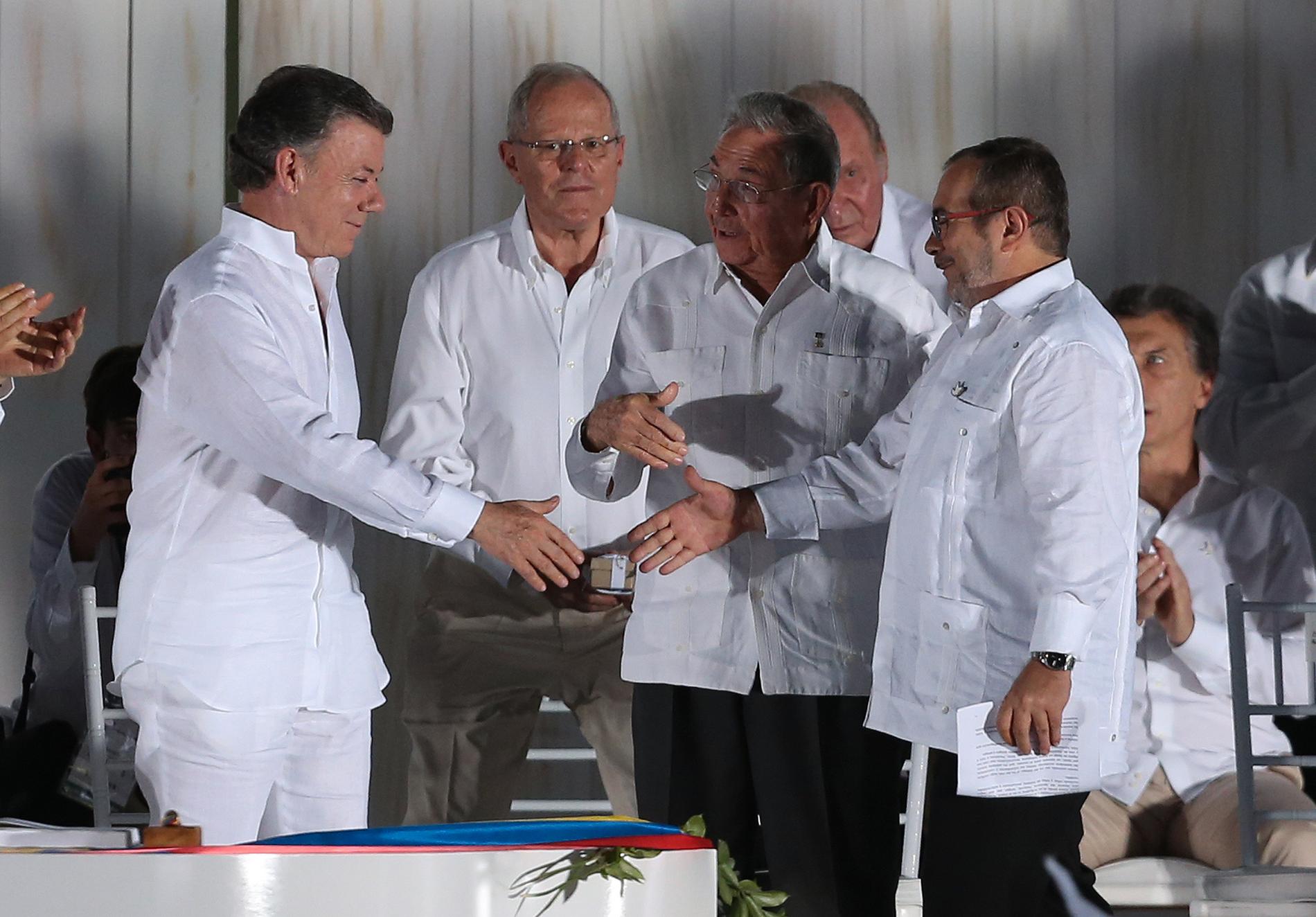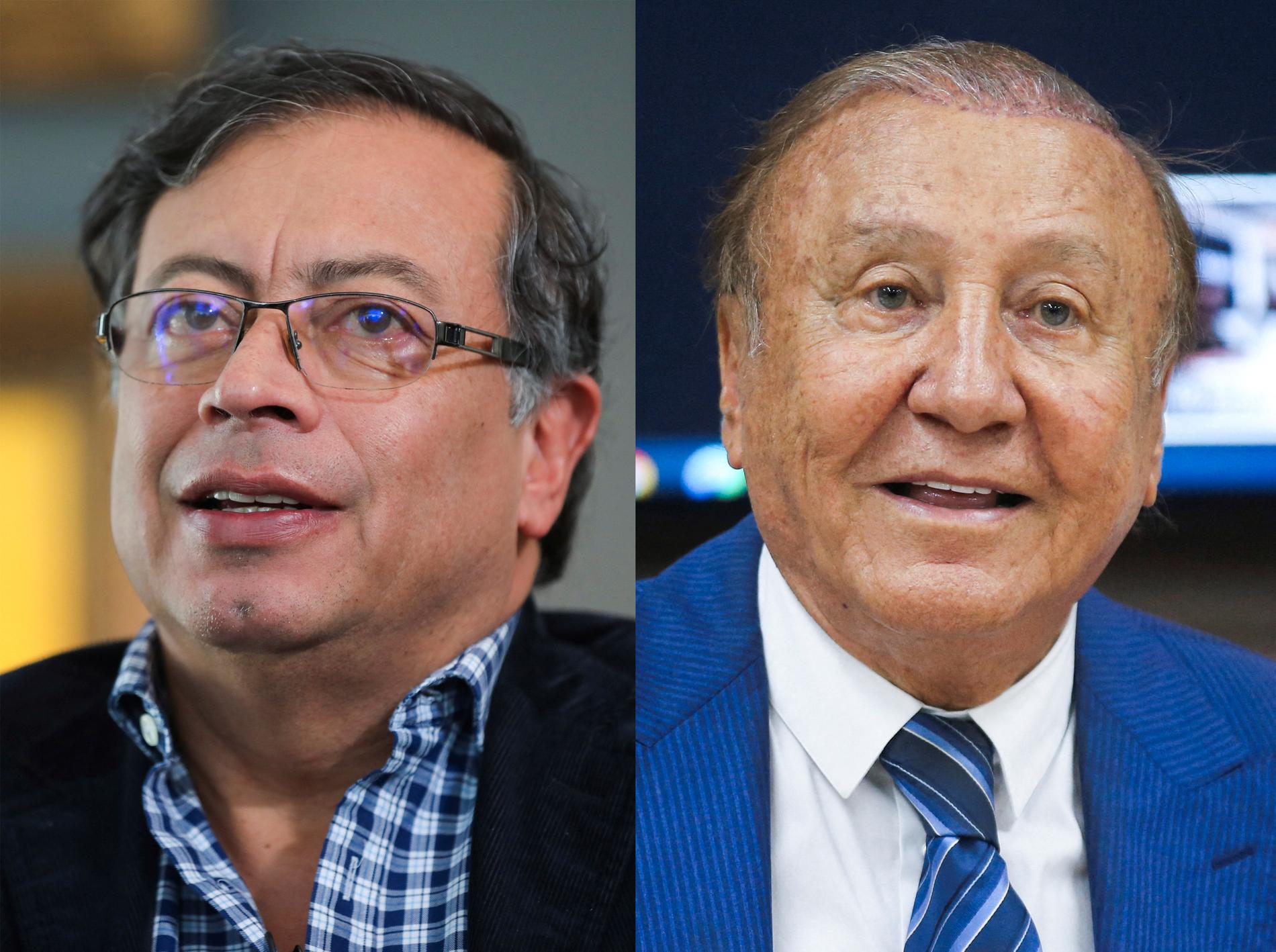Sunday’s decisive and second round of Colombia’s presidential election stands between a former guerrilla member and a 77-year-old TikTok star.
Just updated
–
It was the controversial former guerrilla member Gustavo Petro (62) who ran away with the most votes in the first round of elections in May.
Petro is also a senator and former mayor of the capital Bogotá. In the last presidential election, he lost to right-wing incumbent President Iván Duque.
This year, for the first time, the left has an actual chance of winning the presidential election.
Petro’s opponent this year is the 77-year-old multimillionaire and right-wing populist Rodolfo Hernández, known as “Colombia’s Trump”.
Hernández has had a surprising and significant success on TikTok during the election campaign:
He has after the second place in the first round, received support from the right-wing candidate Federico “Fico” Gutierrez who asks his supporters to vote for the 77-year-old. Other established parties also recommend that the population vote for Hernández.
In the first round, Petro captured 40 percent of the vote, while Hernández secured 28 percent.
Before the second round, however, the two are very similar in opinion polls, and in an average poll from the last polls, Petro leads by less than one percentage point.
Among other things, Hernández is running for election against corruption, but he has met with criticism because he has said that he is considering declaring a state of emergency in the country for 90 days to do this, something many call an authoritarian move. He is also accused of corruption when he sat as mayor of the city of Bucaramanga.
Petro, for his part, has managed to gather the entire left in his Historical Pact-motion. Among other things, the movement wants to fully implement the peace agreement with the FARC from 2016, implement agricultural and education reforms, and to introduce policies to achieve the climate goals in the Paris Agreement.
 –
–Wave of violence
But Sunday’s presidential election is about more than the choice between two candidates on their respective political sides, both of whom have turned against the country’s political elite.
It is also about the fate of the peace agreement with the FARC.
So far this year, 88 social leaders and human rights defenders have been killed in the country, according to the independent observer group Indepaz.
At the end of May, VG spoke with farmer leader Carlos Morales, who himself was subjected to an assassination attempt. He then said that the violence that is now taking place in the country is a clear sign of how serious the situation has become since the peace agreement in 2016.
– It is almost as if the country has gone back ten years in time. Again we see bombings, armed clashes and almost armed blows. There has also been an increase in massacres and attacks on the civilian population, Morales said at the time.
Several parts of the agreement have not been implemented and Colombia is today more marked by violence and unrest than for a long time.
Last year, there were massive demonstrations against the incumbent president, who responded widespread violence to quell the protests.
